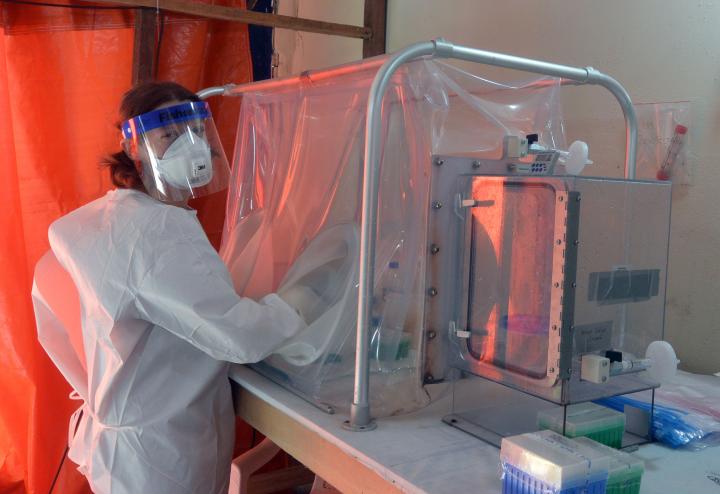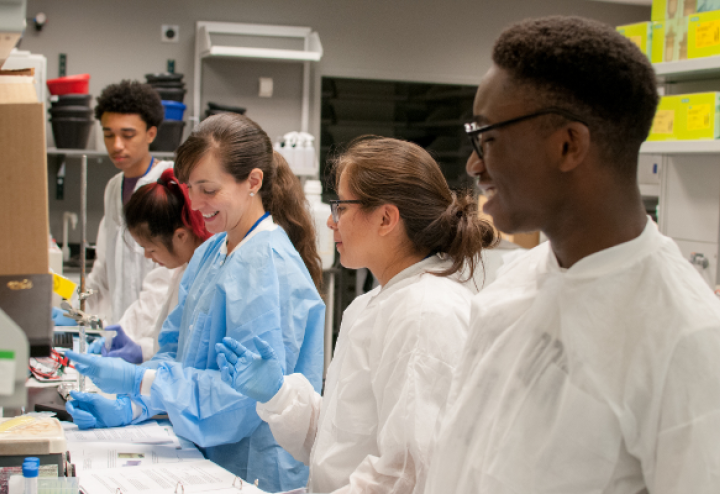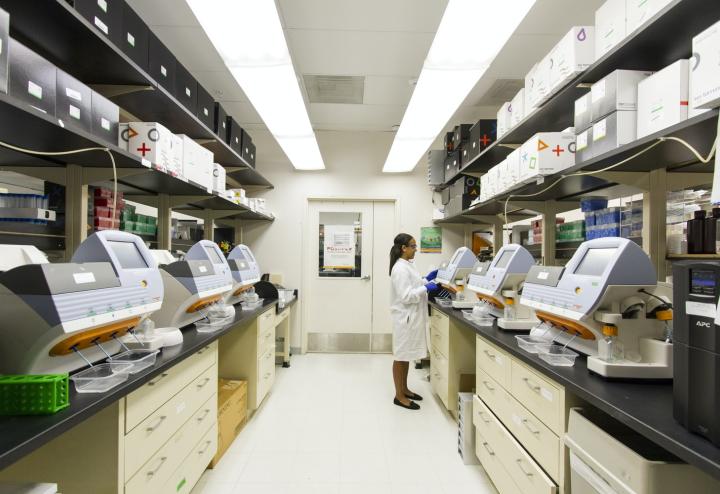Area of Research
Research Team
Location
Bethesda, MD
United States

Identifying the Problem
HIV remains one of the greatest challenges to the global public health impacting social and economic development. In addition, an infectious disease such as HIV in the Military can prevent a warfighter from doing their duty. Force readiness encompasses factors such as a soldier’s level of fitness, their vaccine status, or even when they had their last dental appointment. The importance of early detection of infectious diseases, such as HIV can shift the readiness and preparedness of a military for deployment in a war zone.

Initial Research
The HJF supported United States Military HIV Research Program (MHRP) has focused on efforts to develop tools that could be valuable for detection and treatment of HIV. The MHRP team has developed novel anti-SERINC5 monoclonal antibodies (mAbs) for use in detection of SERINC5, a cellular protein that plays a vital role in reducing the infectivity of HIV-1 particles. Read more in this mAbs article from August 2020.
The novel mAbs provide valuable tools to study several mechanisms of SERINC5 action, including HIV-1 restriction, neuronal plasticity and the role of SERINC5 in lipid rafts in cancer, and could potentially be engineered to serve as therapeutic tools.

A Groundbreaking Solution
This development in early detection of HIV with the support of the HJF team and DoD researchers will improve force readiness in military medicine. Early detection of HIV will give soldiers and other military personnel the necessary medical information to keep themselves healthy and will alert them when there needs to be medical intervention.